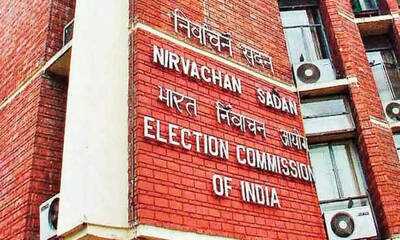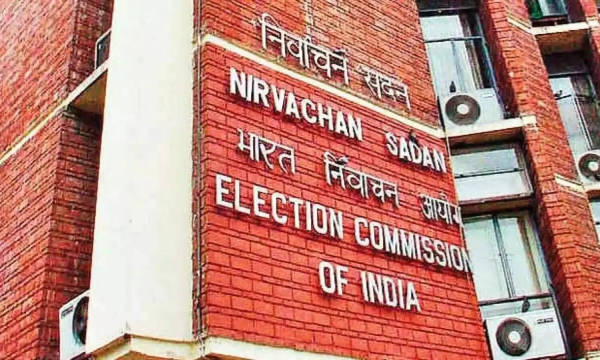
 Special Intensive Revision of Electoral Rolls
Special Intensive Revision of Electoral Rolls
On June 24, the Election Commission of India (ECI) declared the commencement of a Special Intensive Revision (SIR) of the electoral rolls in Bihar, aimed at updating the voter list to ensure all eligible voters are included while removing those who are not. This announcement has raised suspicions among opposition parties, who, under the Association for Democratic Reforms, have approached the Supreme Court of India to determine the legality and ethical implications of this action so close to the elections.
The Supreme Court is tasked with addressing four significant questions: Does the ECI's SIR notification infringe upon fundamental rights as outlined in Articles 14, 19, and 21 of the Constitution? Was the decision made arbitrarily without adequate justification? Does the SIR process breach due process and natural justice principles, particularly regarding the removal of voters? Lastly, is the timeline for executing the SIR reasonable and feasible?
The ECI defends its initiative by citing factors such as rapid urbanization, frequent migration, the influx of newly eligible young voters, underreported deaths, and the presence of foreign illegal immigrants. However, opposition parties fear that the electoral body is manipulating the voter rolls to benefit the ruling NDA by eliminating the names of numerous voters likely to oppose it.
Opponents of the SIR argue that the identification process unfairly places the onus on citizens to provide fresh applications and proof of citizenship, rather than the State proving an individual's citizenship status. The ECI has also omitted certain identification methods like Aadhaar and ration cards, mandating proof of parents' identities instead.
Given the limited timeframe and Bihar's high poverty and migration rates, petitioners worry that the SIR could disenfranchise millions. The current political climate raises concerns about the integrity of constitutionally established bodies like the ECI potentially tampering with the voter list.
However, it is also important to recognize that many individuals who are ineligible to vote may still be listed on the old electoral rolls. The Supreme Court justices must carefully consider these complexities and deliver a judgment that is fair and democratic. The implications of the ECI's decision are significant not only for Bihar but also for other states like Assam, where Assembly elections are approaching next year.